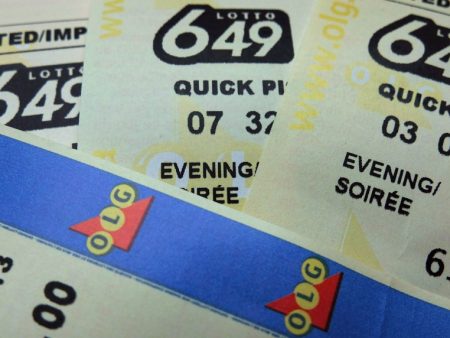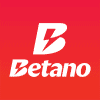Quebec’s online gambling market is dominated by a single entity: Loto-Québec. As the provincial corporation responsible for managing gambling operations, it runs Espacejeux, the official platform offering casino games, poker, and sports betting to residents.
Since its launch in 2010, Espacejeux has been at the centre of Quebec’s efforts to create a regulated and secure online gaming environment.
However, as the casino industry grows globally, questions are being raised about whether this monopoly model is still viable—or whether Quebec should follow the lead of other provinces, such as Ontario, in opening its market to private operators.
Loto-Québec’s Current Monopoly
Loto-Québec’s monopoly ensures that all legal online gambling in the province is channelled through Espacejeux.
This platform was created to provide a safe and controlled alternative to unregulated offshore gambling sites. It offers a range of games, including slots, table games, poker, and sports betting through its Mise-o-jeu service.
The provincial government relies on this centralized model to maximize revenues while minimizing the risks associated with unregulated gambling.
While Espacejeux offers a secure and regulated platform, it has faced criticism for its limited game selection and lack of competitive incentives compared to offshore platforms. Many Quebecers continue to access unlicensed gambling websites, which often provide broader game libraries, better odds, and more appealing bonuses.
Despite this, the provincial government has made limited efforts to restrict access to these offshore platforms, leaving players with easy alternatives outside Loto-Québec’s ecosystem.
Challenges of the Monopoly Model
The monopoly model followed by Loto-Québec presents both advantages and challenges.
On the one hand, it simplifies regulatory oversight and ensures that revenues generated from online gambling directly benefit the province through taxes and public funding. On the other hand, it limits competition, potentially stifling innovation and reducing the overall appeal of the platform to players.
One of the biggest criticisms of Loto-Québec’s monopoly is its inability to compete with offshore operators. These unlicensed platforms are not bound by the same restrictions as Espacejeux, allowing them to offer more aggressive marketing, better odds, and a wider variety of games.
This has led to significant revenue leakage, as Quebec players spend millions on offshore sites each year.
Advocacy groups and industry experts argue that opening the market to private operators could help address this issue, encouraging players to return to regulated platforms by offering more competitive options.
Lessons from Ontario’s Open Market
The conversation around Quebec’s gambling monopoly has been amplified by Ontario’s decision to open its online gambling market to private operators in 2022 — and its latest decision to separate the organs that oversee gambling activities.
Under this new framework, private companies can apply for licenses to operate in the province, provided they meet strict regulatory requirements.
This model has led to a diverse and competitive market, attracting major players such as Betway, Spin Casino, and smaller operators.
Ontario’s open market has proven to be a financial success, generating significant tax revenues while offering players many different game and casino options. It has also set a precedent for other provinces to consider similar reforms.
Advocates for a more open market in Quebec point to Ontario’s success as evidence that private operators can coexist with government-run platforms, creating a win-win scenario for both players and the provincial economy.
The Case for Reform
There is growing pressure on Quebec’s government to reconsider its monopoly model. Industry experts argue that opening the market to private operators could have several benefits, including possible increased revenue.
Licensing private operators could generate significant tax revenue, reducing the reliance on Loto-Québec as the sole source of income from online gambling.
Allowing private companies to enter the market would also encourage innovation, leading to better gaming experiences and more attractive options for players.
Finally, by regulating private operators, Quebec could ensure that players engage with platforms that adhere to strict safety and fairness standards, reducing the risks associated with offshore sites.
Despite these potential benefits, the provincial government has yet to show much interest in adopting an open-market approach.
Critics suggest that the government is reluctant to disrupt the status quo, given the stable revenue stream provided by Loto-Québec.
However, as offshore gambling continues to grow and more provinces explore market liberalization, the pressure to modernize Quebec’s regulatory framework is likely to increase.
What’s Next for Quebec?
For now, Loto-Québec remains firmly in control of the province’s online gambling market. The corporation continues to invest in its platform, expanding its game offerings and integrating features to enhance the player experience.
However, without significant changes to its business model, Espacejeux may struggle to compete with the appeal of offshore platforms and the increasingly dynamic markets in other provinces.
The future of Quebec’s online gambling industry will depend on policymakers’ willingness to embrace change. An open-market model, similar to Ontario’s, could provide a path forward that balances revenue generation, player satisfaction, and regulatory oversight.
Whether the government chooses to pursue such reforms remains to be seen, but the conversation around Quebec’s gambling monopoly is far from over. In the meantime, players and industry stakeholders will watch closely as Quebec navigates the challenges and opportunities of its evolving iGaming landscape.
















